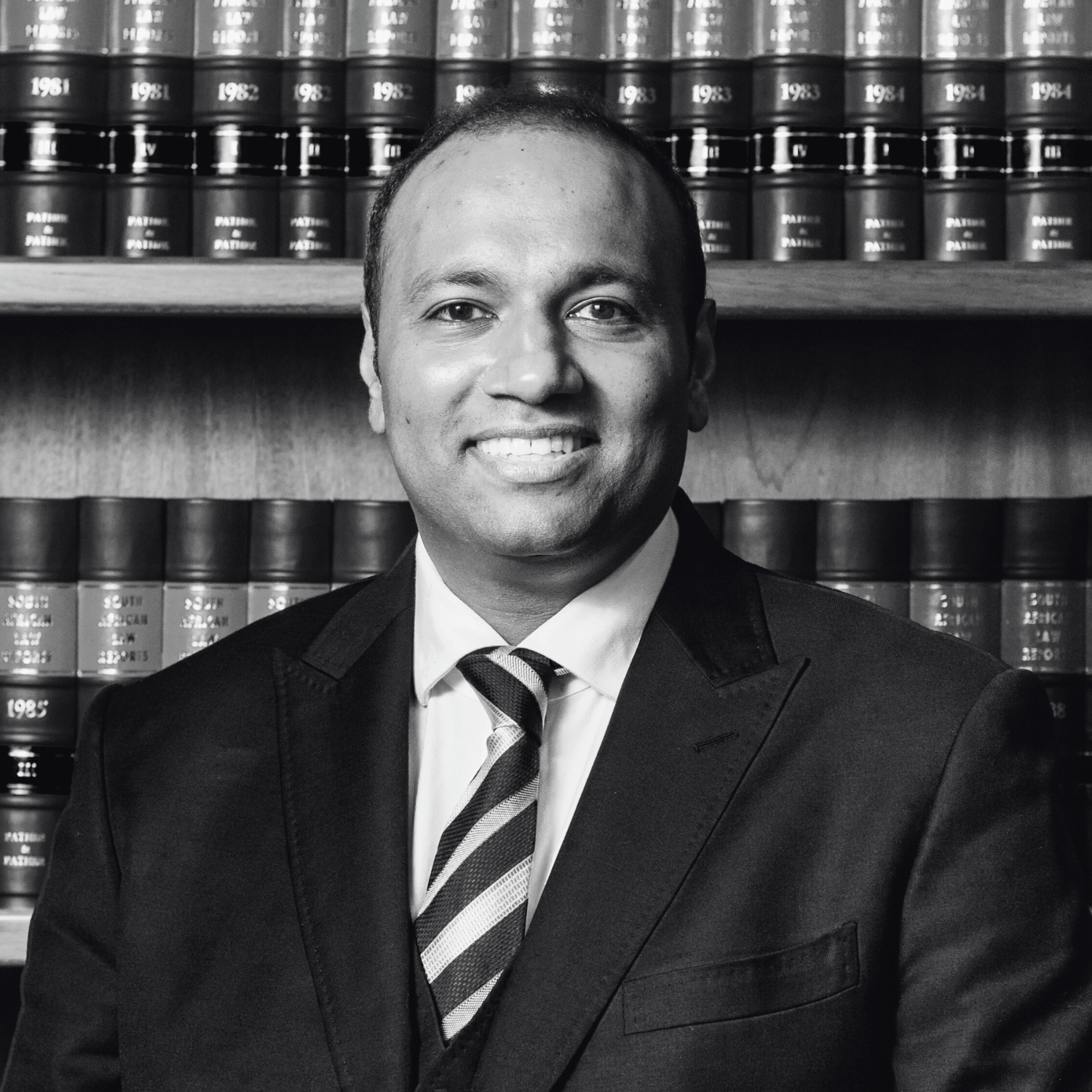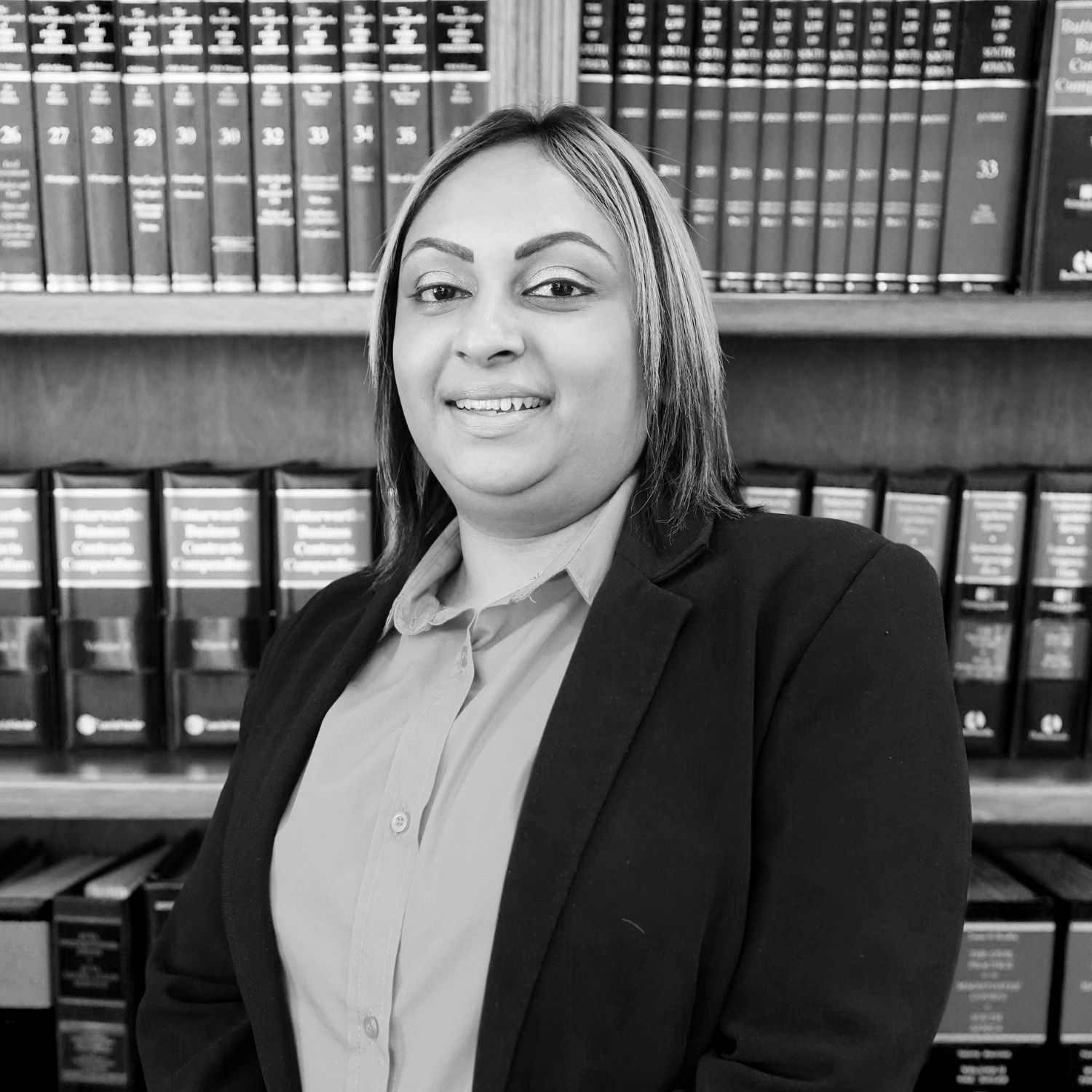More and more South Africans are investing offshore and acquiring assets in foreign countries.
The question asked by many estate owners is whether one needs to have a separate Will for South African assets and a second Will for foreign assets.
Typically, there are three options for estate owners when dealing with South African and offshore assets. These are:
- One Will that applies to the world-wide estate (a Will that includes both the South African assets and the international assets);
- Separate Wills (separate Wills for each country where the assets are owned);
- One Will that deals with the South African assets only and a separate one for the world-wide assets.
To decide on the most appropriate Will, one needs to consider the estate owner’s tax status, his or her residency, the type of offshore assets and the jurisdiction where these assets are located.
Let us examine the Will that covers the estate owner’s world-wide assets. The one Will promotes simplicity and certainty in the estate owner’s estate planning. The one world-wide Will can also reduce the risk of accidental revocation. Accidental revocation occasionally occurs when an estate owner has more than one Will.
If the estate owner’s only offshore asset is a bank or investment account, generally, the one Will approach will suffice. In such a case, the offshore banking institution would normally recognise the South African Will, provided it covers all world-wide assets.
There are disadvantages to the one world-wide Will. In England, for example, a banking institution may not release the funds without the English court authority. In these circumstances, the South African Letters of Executorship must be “resealed” by the UK Probate Court. Since the South African and English administration cannot be conducted at the same time and before the Letters of Executorship can be resealed, certified copies must be issued by the South African Master of the High Court, which may delay the process considerably.
Depending on where the bank account is registered, if one joint owner passes away, the deceased’s share may not pass as directed in the Will and may pass automatically to the surviving joint owner. This is referred to as the “principle of survivorship” and is applicable in the United Kingdom, Ireland, Jersey, Guernsey and the Isle of Man amongst others. For example, where a South African husband and wife jointly owns an offshore bank or investment account, care must be taken when drafting the Will. If the husband jointly owns the bank account with his wife, he should not bequeath his share of the joint account to someone other than his wife, as it could result in a dispute.
The location of the offshore assets is also an important consideration when deciding whether an offshore Will is necessary. In some countries, freedom of testation is not recognised. These countries have inheritance laws which essentially limits the estate owner’s ability to bequeath his assets freely – these laws are known as “forced heirship”. Under the forced heirship regime, a certain portion of the assets are allocated to particular family members. Forced heirship rules are mostly prevalent among civil law jurisdictions, including Mauritius, Switzerland, Spain, France, Portugal and Japan, as well as countries operating under Shariah law.
Therefore, if you own assets in a country with forced heirship laws, it is best to have a separate Will drafted for assets in that jurisdiction. A separate Will is almost always recommended if immovable property is owned in another country.
By having a separate offshore Will, the foreign estate can be administered at the same time as the South African estate, thus limiting delays. The South African executor will be able to obtain a Grant of Probate that authorises him to deal with the foreign estate. There is no need for the executor to obtain sealed copies of the Letters of Executorship, as this is normally needed when there is only one Will dealing with the world-wide estate.
A last important point for the estate owner to bear in mind is his or her tax liability. In terms of section 3(2) of the Estate Duty Act, 45 of 1955, if you are a permanent resident of South Africa, you are liable for estate duty and capital gains tax on your world-wide assets. Even if the estate owner has an offshore Will, the requirement to report foreign assets for estate duty purposes remains. The foreign assets can also be subject to foreign inheritance tax, based on the jurisdictions where the assets are located, known as situs tax. Another factor to consider is the possibility of double taxation. If South Africa does not have a double taxation agreement with the country where the foreign assets are based, the estate owner can end up paying both estate duty in South Africa and inheritance tax in the foreign country.
A clear and well-written Will is always essential to avoid potential family disputes. South Africans with offshore assets should seek professional assistance to determine if they are exposed to a foreign tax and if it may be necessary to draft a second or offshore Will.
by Wim Visser


































